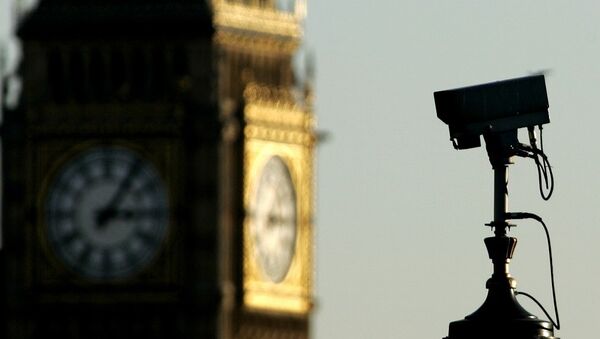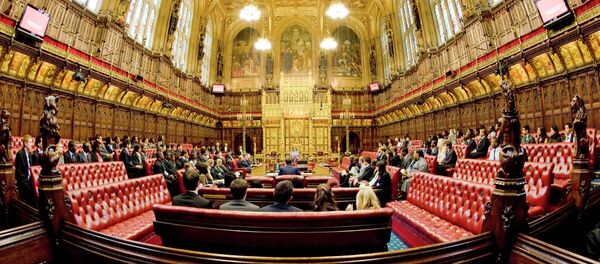In the aftermath of the London attack, in which three men drove a van into pedestrians on London Bridge before running through Borough Market stabbing people at random, killing seven and injuring dozens more, Theresa May called for a rethink on Britain's counterterrorism strategy.
"As the nature of the threat we face becomes more complex, more fragmented, more hidden, especially online, the strategy needs to keep up. So in light of what we are learning about the changing threat, we need to review Britain's counter-terrorism strategy to make sure the police and security services have all the powers they need," May said, following the London attacks.
PM: This was an attack on London and the United Kingdom but it was also an attack on the free world. pic.twitter.com/lwLK94lRVP
— UK Prime Minister (@Number10gov) 5 June 2017
There was an outcry when former CIA contractor Edward Snowden, 2013, revealed the extend of mass surveillance by the US National Security Agency together with the British intel agency GCHQ.
It brought calls for better regulation of the state surveillance program and boosted opposition to the so-called Snoopers' Charter — The Investigatory Powers Act, now in force.
"The government's argument remains clear: that national security in the digital age requires bulk data retention and targeted access to the full spectrum of modern communications technology, and that new legislation ‘dramatically increases' safeguards on privacy and oversight," said Dr. Joel Faulkner Rogers, an Associate Fellow at the London-based Royal United Services Institute and the academic director at pollsters YouGov, in a blog.
"To its opponents, the same legislation marks a dangerous increase in state snooping powers that are vulnerable to misuse, from embarrassment-blackmail to intimidation of informants and whistleblowers. By contrast, recent YouGov research suggests a majority of British voters are neither overly moved nor concerned by the surveillance question, and tend to err on the more hawkish side of debate," he said.
"In a list of online issues including cybercrime, cyberattacks, surveillance, trolling, propaganda and fake news, only 21 percent of respondents listed UK government surveillance of its own citizens among their main concerns, compared with 66% citing cybercrime, 46 percent citing cyberattacks and 45% citing access to inappropriate content by children," said Rogers.



